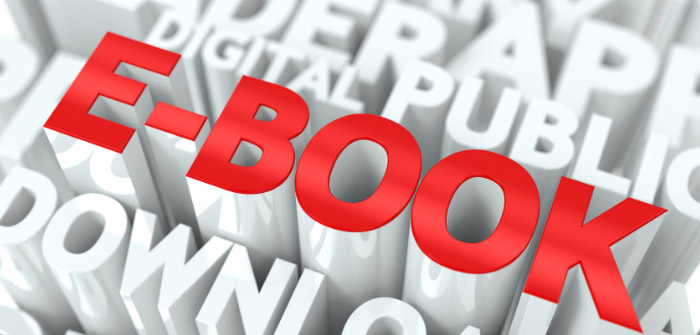(Photo | Courtesy of Deschutes Public Library)
The convenience and adaptability of e-books continues to make them a favorite format among some readers. Pew Research found that 28 percent of Americans read an e-book in 2016, and that statistic mirrors usage at Deschutes Public Library, where digital materials such as e-books offer essential accessibility to all readers. But a new e-book embargo by publishing house Macmillan will limit library customers’ access to many of the e-books they’ve come to want and expect from their library.
As of November 1, Macmillan is allowing libraries to purchase a single e-book copy — or license — of its new titles for the first eight weeks of each book’s release; in the past, libraries have been able to purchase multiple electronic copies of a book. Macmillan’s new policy limits libraries to one copy regardless of the size of the library or the population it serves. Even though the copy is digital, it can only be checked out by one person at one time per the terms of the purchase agreement.
“At our core, libraries are about providing equitable access for everyone,” said Todd Dunkelberg, director of Deschutes Public Library. “Because of the high cost of e-books, library customers already face waiting periods for popular titles. Macmillan’s embargo means customers will have to wait longer than ever because a publisher is prohibiting us from buying multiple copies. This is worrisome on many levels, but especially for our ability to get customers the e-books they want when they want them.”
Dunkelberg says the library aims to reduce wait times on books by buying another copy of a physical print title for every three holds on a book. Though the library buys multiple copies of e-books, their high price-point makes achieving the same ratio difficult, and Macmillan’s embargo makes it impossible.
“People may think that since something is digital, it can be multiplied, that is, if you have one digital copy you can loan it out to multiple people at the same time,” said Dunkelberg. “But digital books are just like print books. Just as a physical print book can only be loaned out to one person at a time, the same goes for an e-book.”
Deschutes Public Library will not purchase any single copy e-books from Macmillan in the first two-month window, but will wait to purchase an appropriate number of copies once the embargo is over. Once the two-month period expires, the library will assess demand for the title and buy the required number of licenses. Once the embargo is over, Macmillan allows libraries to purchase e-books for roughly $60 per license for a term of two years or 52 lends, at which time the license expires. Libraries would need to buy another $60 license to continue offering the e-book.
“E-books aren’t just convenient,” said Dunkelberg. “For some of our customers, they’re a necessity. For people with impaired sight, e-books allow them to increase the font to a readable size, larger than the type in traditional large-print books.”
The American Library Association (ALA) launched a public campaign in response to Macmillan’s efforts to limit library access to e-books. The ALA debuted on online petition at eBooksForAll.org, where members of the public can sign as a way of urging Macmillan Publishers CEO John Sargent to reverse the new policy. While urging people to sign the petition, Dunkelberg said he hopes the library’s customers understand that the library is trying to do all it can to put books in their hands — whether that’s a print book or an e-book.
“Limiting access to information of any kind is antithetical to everything we stand for,” said Dunkelberg. “Our hope is not only that Macmillan reverses its policy, but that other publishers don’t follow their lead in the first place. On our end, we will continue doing all we can to make sure Deschutes County residents continue to have access to the robust library collection they deserve and have come to expect.”




